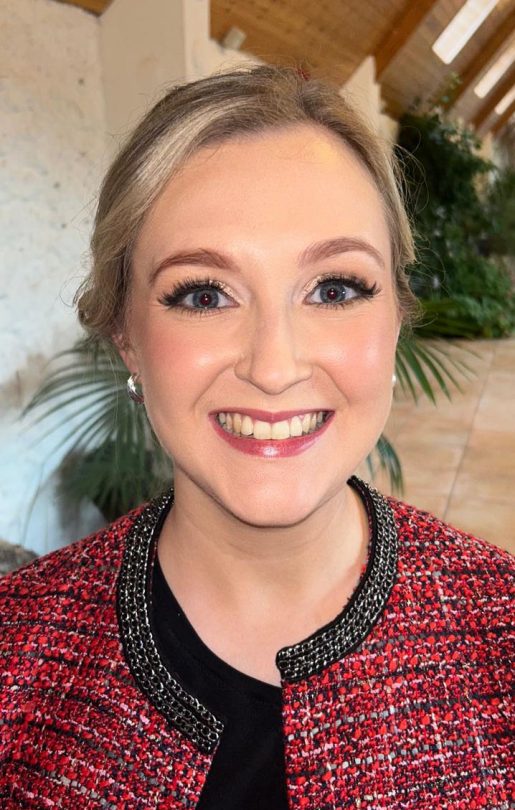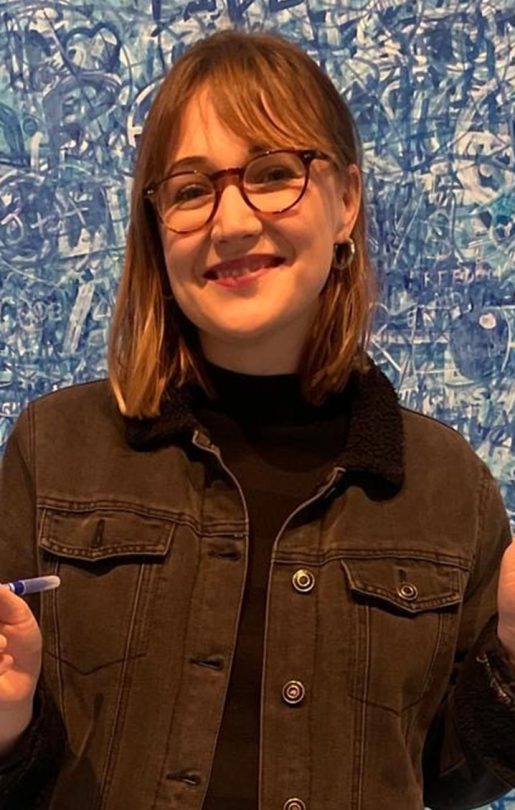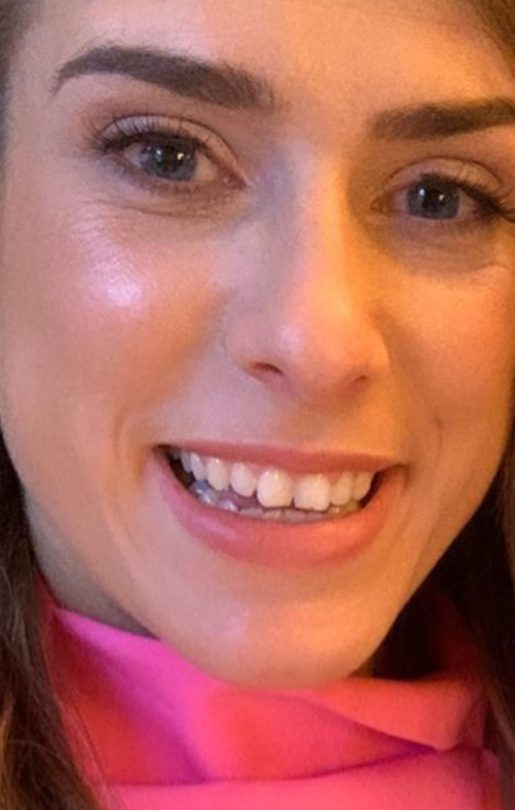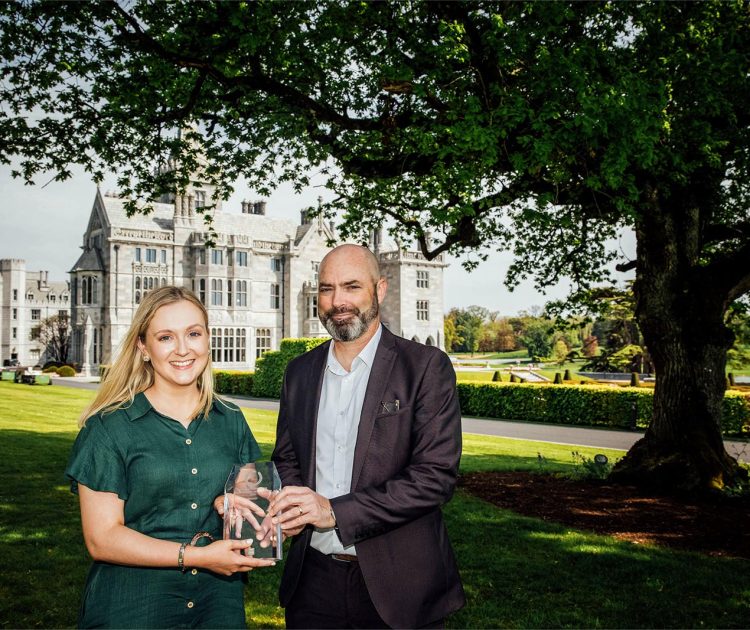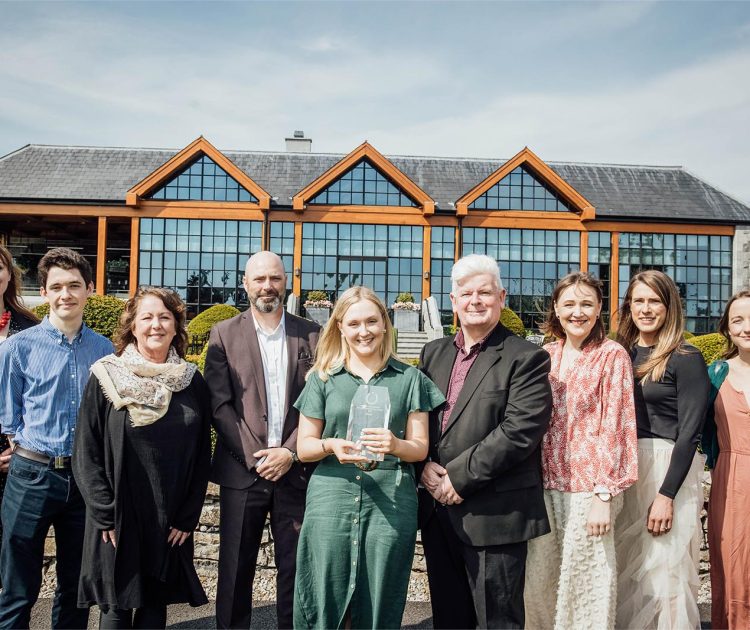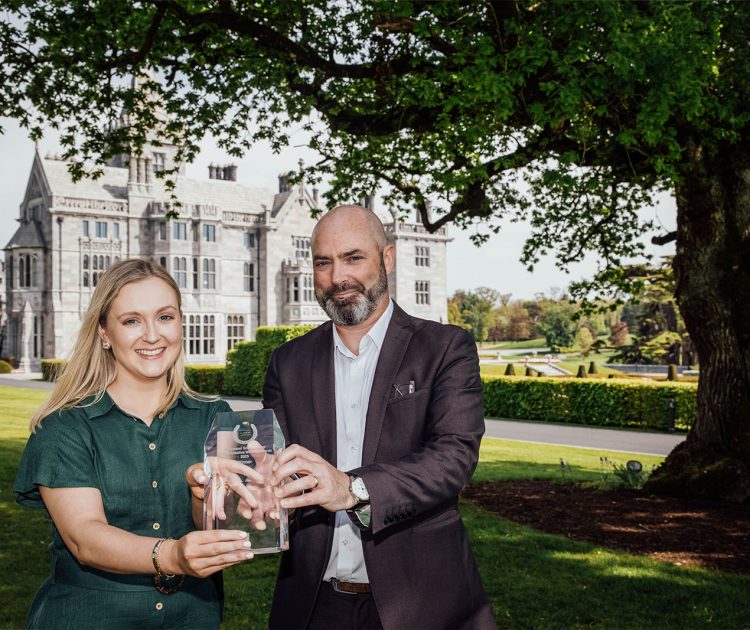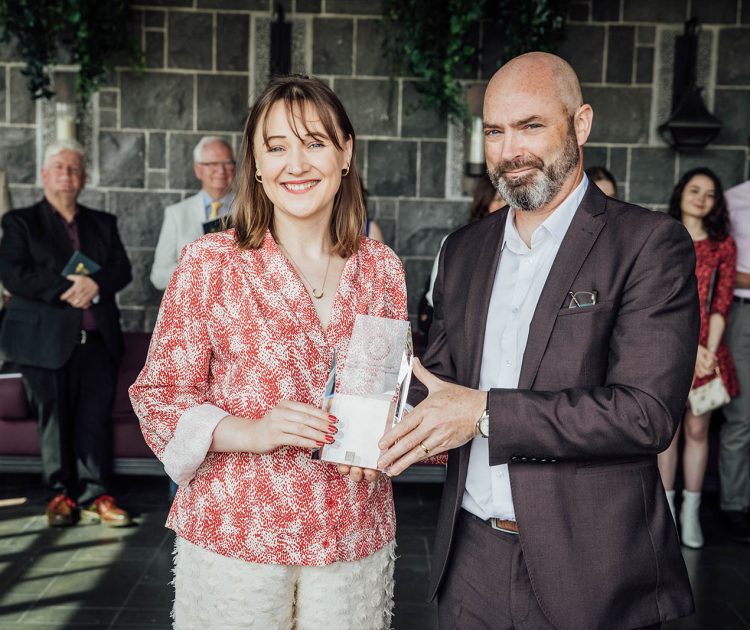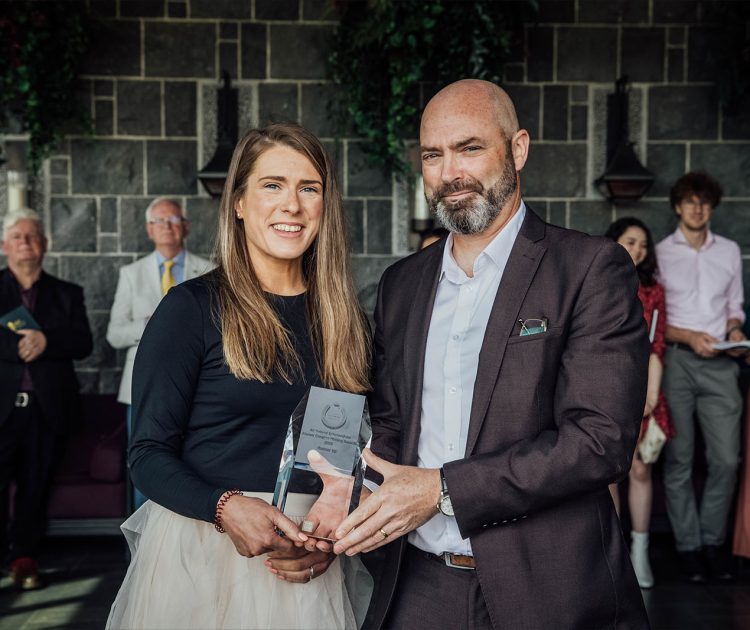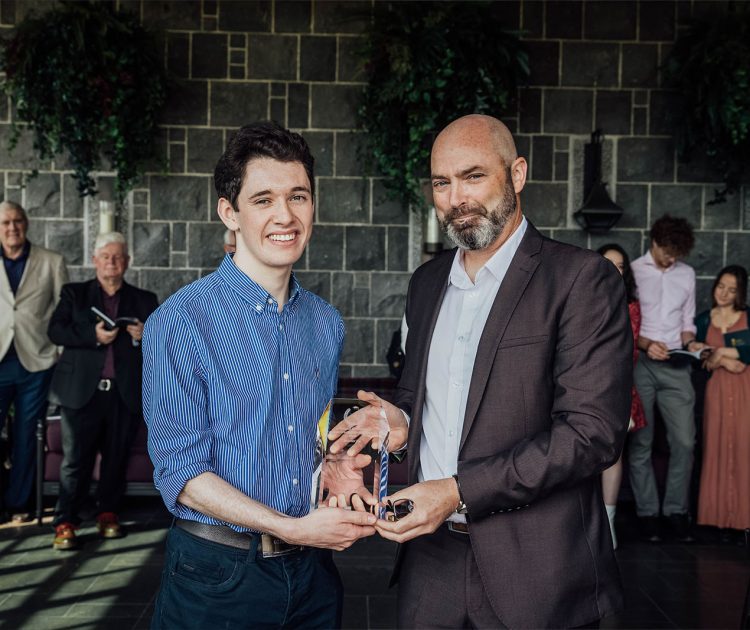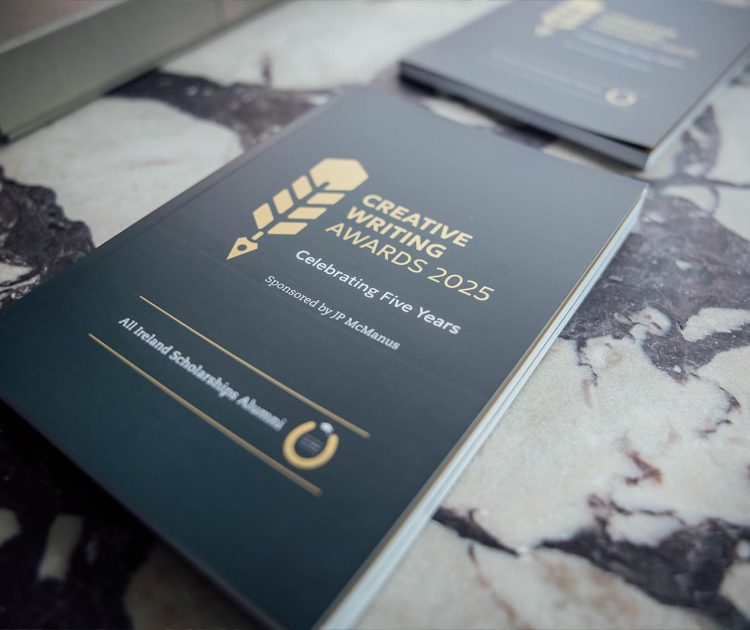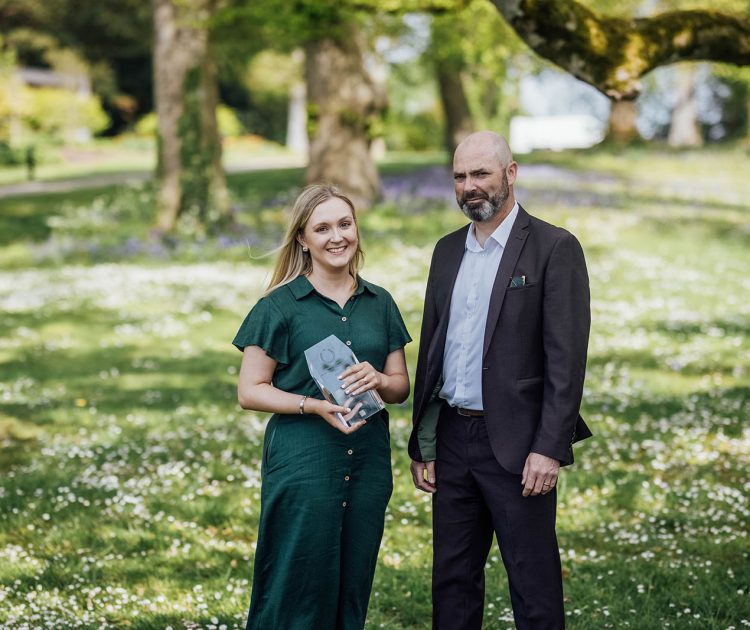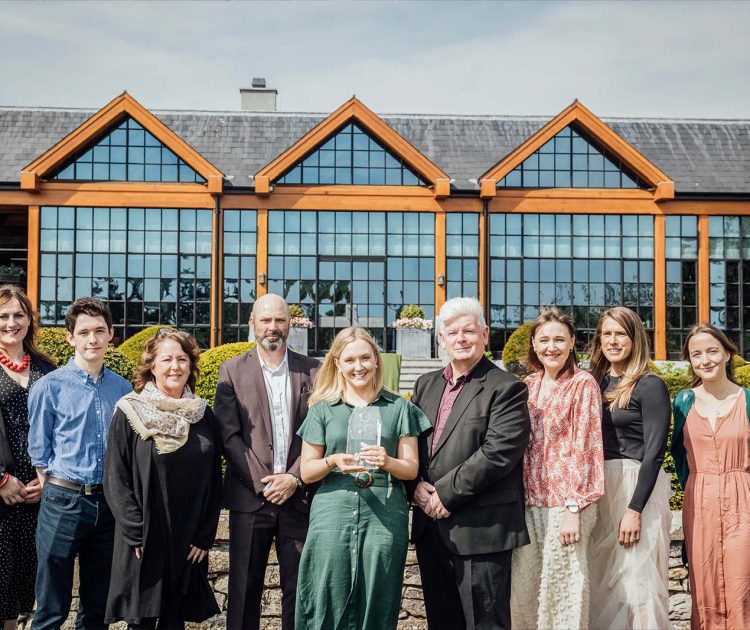The 2024/25 Creative Writing Competition Supported by the All Ireland Scholarships
We are delighted to announce the winners of the All Ireland Scholarships Creative Writing Competition 2025 in both the prose and poetry categories.
Thank you to all Alumni who entered and congratulations to the winners and runners-up. We would like to thank our fantastic judging panel for giving their time and expertise.
You can read the winning pieces below.
